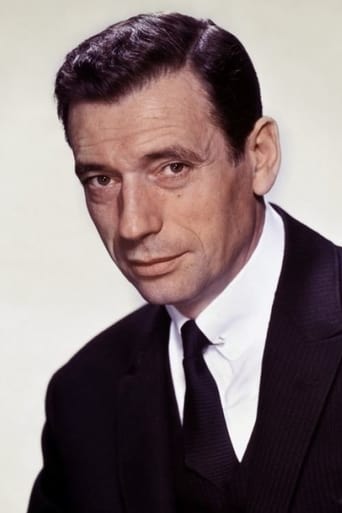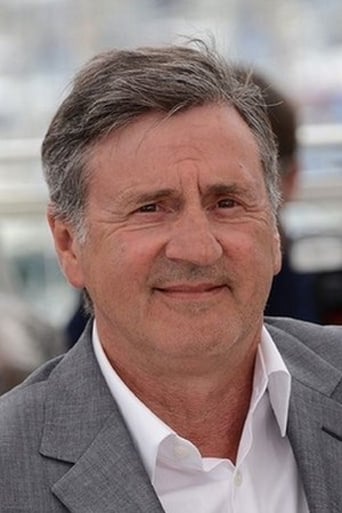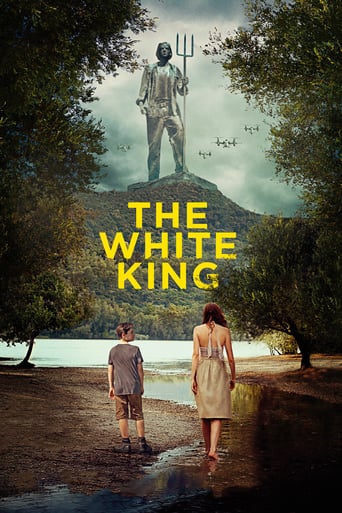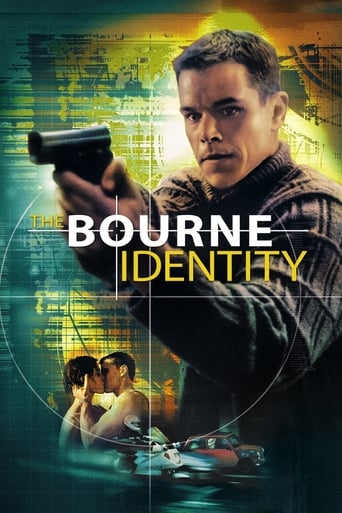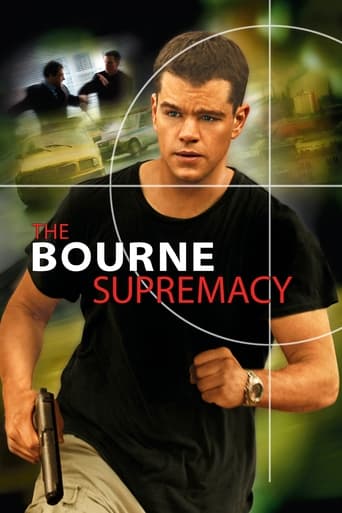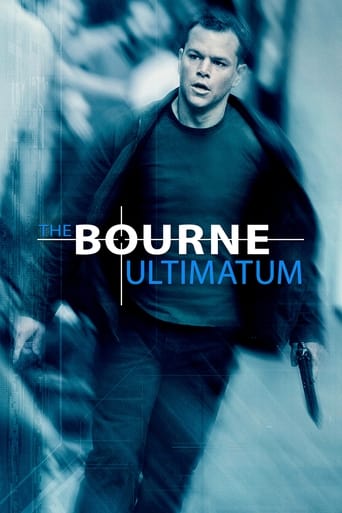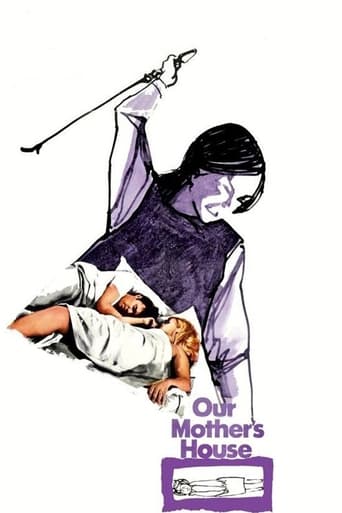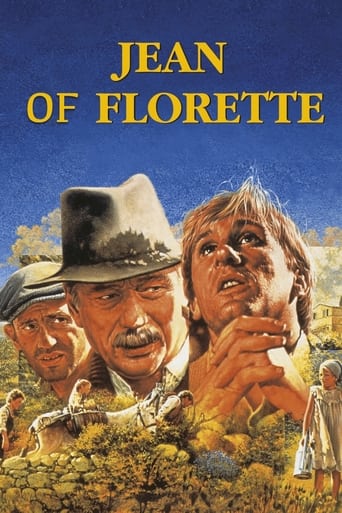
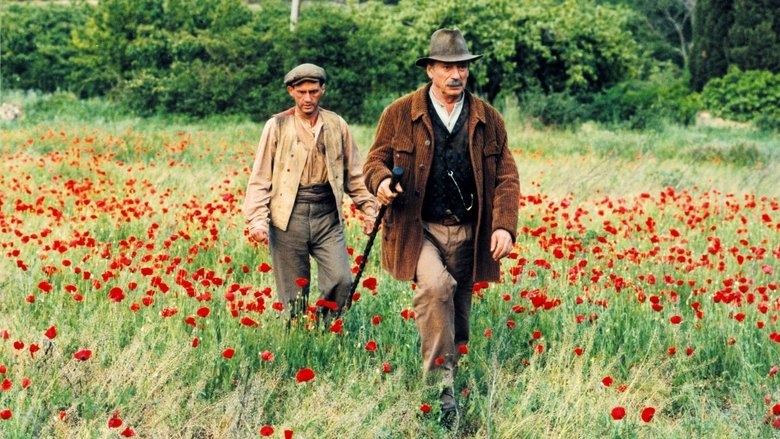
Jean de Florette (1987)
In a rural French village, an old man and his only remaining relative cast their covetous eyes on an adjoining vacant property. They need its spring water for growing their flowers, and are dismayed to hear that the man who has inherited it is moving in. They block up the spring and watch as their new neighbour tries to keep his crops watered from wells far afield through the hot summer. Though they see his desperate efforts are breaking his health and his wife and daughter's hearts, they think only of getting the water.
Watch Trailer
Cast


Similar titles
Reviews
One of my all time favorites.
it is finally so absorbing because it plays like a lyrical road odyssey that’s also a detective story.
Good films always raise compelling questions, whether the format is fiction or documentary fact.
Although I seem to have had higher expectations than I thought, the movie is super entertaining.
Yesterday night, while I was fueling my body with the refreshing coldness of a glass of water, one simple thought got me back to the film I had just watched: Claude Berri's "Jean de Florette", adapted from the novel by writer, director and Academician Marcel Pagnol. See, I always drink water before going to sleep, but for the first time, I could value it, it even tasted better. Water, and subsequently land, suddenly became the stuff dreams were made on, or nightmares in their absences, or echoing Pagnol' story, their apparent but no less agonizing absences.It seems logical that in a rural setting, water and earth would be the pillars of two-part novel "Water of the Hills" whose first chapter is "Jean de Florette", followed by "Manon of the Spring": but once you're immersed in what seems to be an epic family drama, spanning four generations of deceptions and lies, you realize nature was only an accessory to the film's real theme, which is the relentlessness of human greed and the level of cruelty it can push even the most benevolent persons, in that case, Ugolin (Daniel Auteuil), an ugly farmer whose dream is to grow carnations and his uncle, César aka Le Papet, Yves Montand in one of his last and best roles as the patriarch of the decimated Soubeyran dynasty. César understands the profitability of flowers and for the sake of family whose remaining heir is his dim-witted nephew, he plots an evil scheme in order to buy at a very cheap price the only land that can provide enough water, thanks to an unknown spring of fresh mountain water.A chain of events going as fluidly as seasons and sun leads us to the land being inherited by Jean, the son of Florette, a girl from the country César "knew" in the past. Jean is played by Gérard Depardieu and even a non-French ear would notice that he doesn't have the same singing accent than the people of Provence. But if he doesn't sing, the man is overwhelmed by happiness, believing he's just inherited a parcel of heaven on Earth (and from the beautiful cinematography of Bruno Nuytten, we can hardly disagree). Jean has a devoted wife (Elizabeth Depardieu) and a delicate infant girl named Manon, the characterization from Depardieu leaves no doubt that he's a good father, husband and man, but from an outsider's eye, he's a hunchback, a tax collector and a city slicker. Ugolin makes sure everyone knows his father belongs to the rival village, which deepens the shift of suspicion between Jean and the rest of the town.But Jean is too excited to pay attention, the man knows how to be practical, he wants to make profits out of the land, to raise rabbits and plant a species of cucurbits that grow fast, to feed them. He trusts the existence of a spring of water not far from the hill and the rains of summer to do the job; it's a hazardous mission that could have easily been solved had César told him about the spring. But both Soubeyrans had stopped the spring already by loading it with cement, and not to unveil suspicions, César tells Ugolin to befriend Jean so he never needs any other contacts. "Keep your friends close, but your enemies closer" seems to be the motto of this slow and infuriating scheme, operated by a mastermind who spends his time spying behind the trees, as César, Yves Montand is a peasant-like version of Noah Cross with a water-scheme of equally Machiavellian proportions.But Jean never sees his enemy and when weather stops being cooperative; he keeps going back and forth from the distant spring, fastening heavy barrels of water on his hunch. Villagers suspect something but there's a sort of Sicilian Omerta going in this part of France, Jean doesn't even know he didn't plant his vegetables at the right side of the valley and only discover it when it's too late. It comes down to the vital moment where all it takes to solve his problem is Ugolin's mule but then the nephew puts the final nail in Jean's coffin. Driven by madness and a furor against God who disgraced him enough with the hunch, Jean accidentally dies after trying to dynamite a well. And the film closes with the two men having succeeded in buying out the family and making a mock baptism with the unloaded water from the spring, under the shocked eyes of little Manon.Does she know that they knew from the start about the spring? What matters is that we know and that beyond the death of Jean, what they did was killing his happiness, sacrificing the spirit of a good man on the altar of greed and selfishness. r. This is how fascinating "Jean de Florette" is, it works like John Huston's "Treasure of the Sierra Madre" where a quest for gold says more about greed and paranoia than any study, when universal themes can be summarized through simple and palpable objects. This is what Cinema is about; using visuals to convey messages that can speak for many humans. Pagnol, by using a world that is unique within France itself, rural Provence, with its sepia and green landscape, its Mediterranean countryside, its lyrical accent, colorful population and grasshoppers in the background recreated a universe that could speak a language any foreigner could understand, because there's no need to be a farmer to understand how important water could be, it's not about the water but to which corner its importance can drive someone.Indeed, take the spring in "Jean de Florette", for Jean, it would have been the Holy Graal, for Ugolin and his uncle, a coveted treasure and for Manon, it was the weapon that killed her father, and in all poetic justice, the instrument of her coming vengeance in second opus "Manon of the Spring".
A greedy landowner and his backward nephew conspire to block the only water source for an adjoining property in order to bankrupt the owner and force him to sell.Roger Ebert commented on Berri's exploration of human character, "the feeling that the land is so important the human spirit can be sacrificed to it". Is human character in this sense shaped by the land? Of course. Is it always? Maybe not."Jean de Florette" and "Manon des Sources" have been interpreted as part of a wider trend in the 1980s of so-called 'heritage cinema': period pieces and costume dramas that celebrated the history, culture and landscape of France. And good on them for that.
Having been so blown away by Cyrano De Bergerac, I also watched Jean De Florette, also starring Gerard Depardieu. Jean De Florette is a very different film, but every bit as fantastic. Depardieu is very endearing in a performance that has in his career only been surpassed by Cyrano De Bergerac to me. Yves Montand and Daniel Auteuil are also outstanding as the scheming Soubeyrans. The acting is not Jean De Florette's only good asset. This is an example of a film where everything works. The story is beautifully paced and evocative, the script is witty and very cinematic, the cinematography shimmers, the scenery is breathtaking, the music is lively yet again very understated and the direction does wonderfully in capturing the pace of the seasons changing and Provence's unique atmosphere. All in all, I love this movie just as much as Cyrano De Bergerac, and I am watching Manon of the Spring(and loving it) even as we speak. 10/10 Bethany Cox
When Voltaire says something like " I disagree with what your saying but would die for your right to say it" I feel, in the context of these linked 2 beautiful movies that really are one, like saying I disagree with what you're saying and will shout you if you say it again" Yes after raving homage to this work there are some people who can't see anything about it, some who have only seen part one! I can't even begin to comprehend why they bother to say so. There you are i'm not a Voltairian! Once again, perhaps after 15 years I have enjoyed immensely J d F and M des sources that I consider to be only one movie in two parts and not a movie and its sequel. The first time I saw it a the cinema and was so impressed with part one that my wife and I purchased the ticket for MDS on the way out that we did not take but 2 hours later mesmerized by what we watched. My earliest knowledge of Marcel Pagnol must have been a X'mas record something like "Noel with the santons de Provence" a beautiful X'mas tale a la Pagnol (ave l'acceng du midi qui n'en fini pas) yes with the French southern accent that seems to never end! I read here a comment about inappropriate subtitles, I must admit for this movie I felt highly privileged to understand French, French rural area and French accent. Definitely these 3 ingredient give again another dimension to this work and I would believe getting the appropriate subtitle to emulate the accent would be a phenomenal task. I guess four hours can be a little taxing on some, but like many have reported it's really worth it and I can only feel sorry for the few who are or will be displeased with such a master piece.


